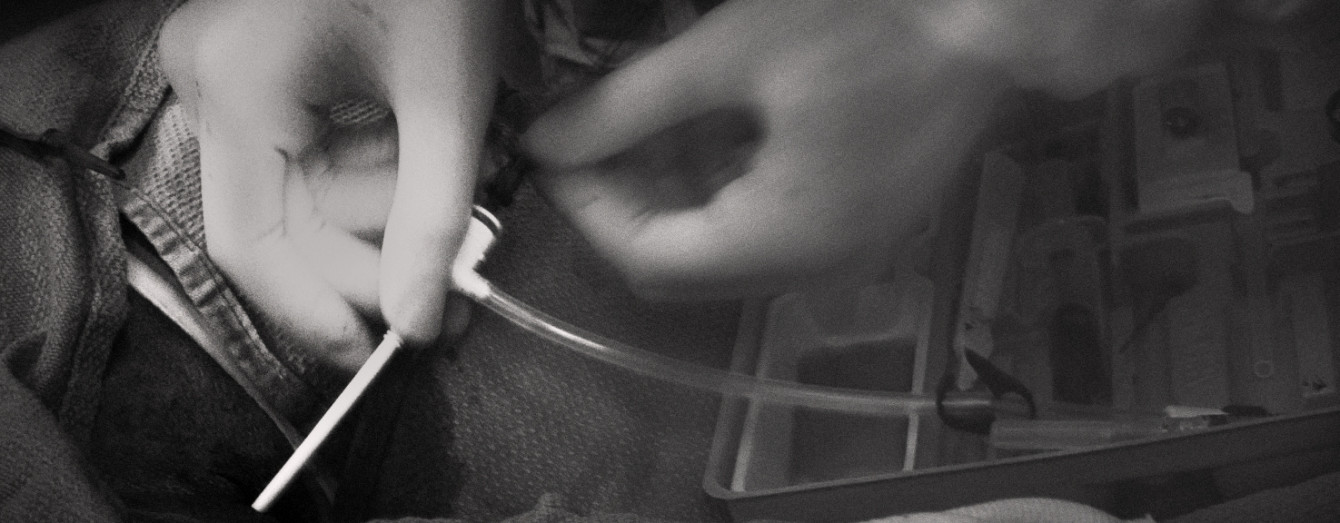Overview of Residency Training in CBD
Our Critical Care Residency Program spans two years and comprises 18 mandatory and 8 elective rotations. Each rotation (or block) is 4-weeks in duration.
Mandatory Rotations
- Medical Surgical ICU (University Hospital): 7 blocks
- Critical Care Trauma Center (Victoria Hospital): 7 blocks
- Cardiac Surgery Recovery Unit: 2 blocks
- Neurocritical Care: 1 block
- External ICU: 1 block
Most entrustable professional activities (EPAs) will be encountered during these clinical rotations. Some EPAs however, are non-clinical.
Stages of Training
While going through the above-mentioned rotations, senior residents are expected to progress in their training in accordance with the following approximate timeline.
- Transition to Discipline (D): 2 to 3 blocks
- Foundations of Discipline (F): 3 to 6 blocks
- Core of Discipline (C): 7 to 12 blocks
- Transition to Practice (P): 2 to 5 blocks
Trainees are deemed fit to graduate from one stage of training to the next based on a detailed assessment of compiled trainee evaluations. This detailed assessment of trainee performance is undertaken by Critical Care Western’s Competence Committee (CC).
RCPSC Requirements
Beyond residency, certain competencies are necessary to practice Adult Critical Care Medicine. Residency programs help trainees achieve these competencies defined by the RCPSC.
RCPSC Critical Care Medicine Competencies Aug 2018
These essential competencies are achieved by exposing trainees to a number of training experiences. For each stage of training, the required training experiences are outlined by the RCPSC Critical Care Medicine Specialty Committee.
RCPSC Critical Care Medicine Training Experiences Aug 2018
In the CBD era, Critical Care Medicine Training Programs are expected to meet certain standards for accreditation.
